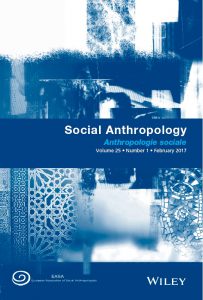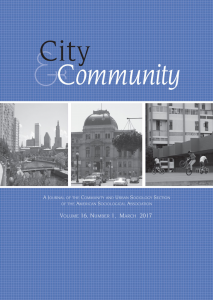Analysing Religious Public Discourses: Categories of Thought and Value Differences
The religious field, as defined by Pierre Bourdieu (1991a), is not uniform, static or monolithic. Although there are common dogmatic doctrines and ritual practices, their perception and interpretation may differ even within the same community at the same period, especially as religious and lay actors, who occupy different positions within the field, engage in a struggle in order to implement their own visions about the place and role of the church in the world. That cannot be done without legitimizing...










1475-682X/asset/akdkey.jpg?v=1&s=eef6c6a27a6d15977bc8f9cc0c7bc7fbe54a32de)